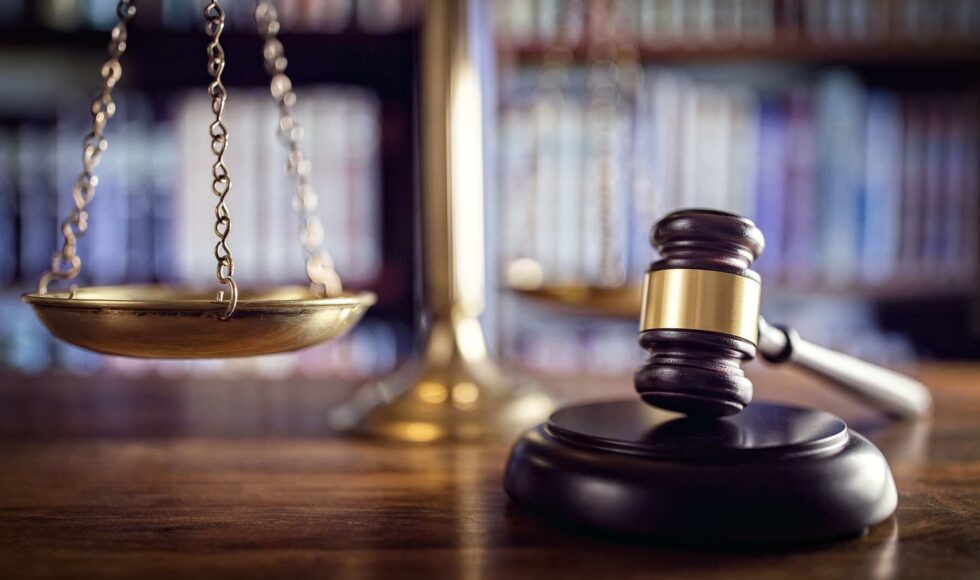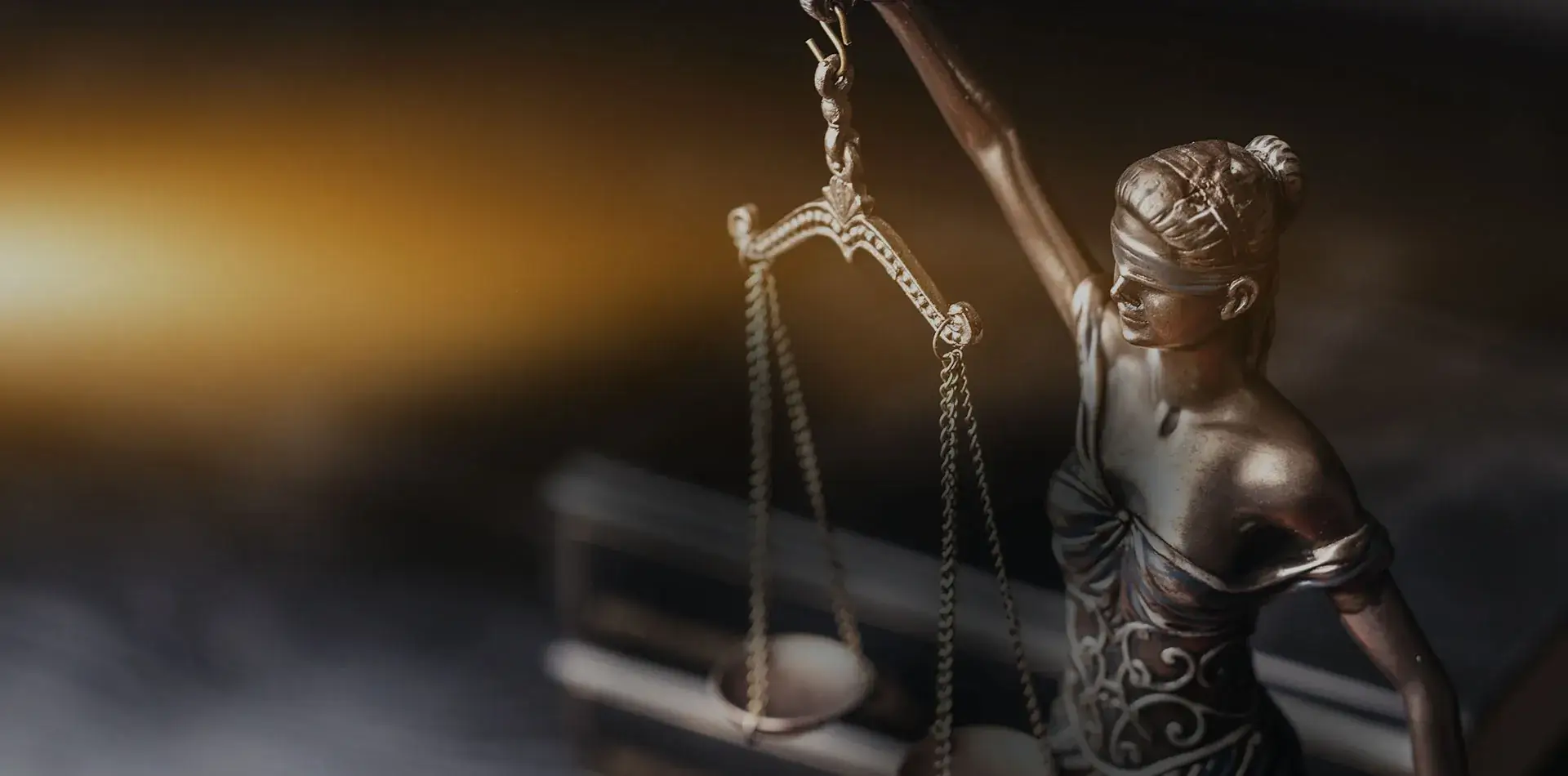The Wills and Succession Act of Alberta establishes specific criteria for the validity of a formal Will. It stipulates that, first, the Will must be in written form, and second, it must bear the signature of the testator. Furthermore, the Wills and Succession Act mandates that the testator’s signing of the Will must occur in the presence of two witnesses, who must also provide their signatures to attest their presence during the signing process.
However, a Holographic Will differs from a formal Will in that a Holographic Will is wholly in the handwriting of the testator and is signed by him or her without the need for other formalities. Holographic Wills are recognized in Canada except in the Provinces of Prince Edward Island and British Colombia.
Alberta is amongst a few other Canadian provinces that acknowledge Holographic Wills as legally valid. Section 16 of the Wills and Succession Act of Alberta explicitly permits the creation of a Will that is entirely handwritten by the testator and exclusively signed by the testator, without the necessity of witnesses or other formalities.

To be deemed valid, a Holographic Will must manifest a clear, deliberate, and definitive intent regarding the distribution of the testator’s assets after their demise. For example, in the case of Dalla Lana Estate (Re), 2020 ABQB 135, the court ruled that even last-minute alterations made by a testator on sticky notes four days before their passing constituted a “fixed and final expression of intention” for property distribution following death. Further, it is essential that the entire Will be handwritten. This requirement was underscored by the Supreme Court of Canada in the case of Jacques v. Allain-Robitaille (1978), 3 ETR 243, which determined that a typewritten letter signed by the deceased could not be considered a valid Will as it was not handwritten by the testator.
If a Holographic Will is created, however the original was lost or destroyed, would a copy of the Holographic Will be probated? The Superior Court of Quebec in Plante (succession de), 2009 QCCS 1807 ruled that a copy of the original Holographic Will was not permitted to be probated following the loss of the original.
However, it’s important to keep in mind that while a Holographic Will can be legally valid and binding, it often faces a higher likelihood of legal challenges or invalidation compared to a formal Will. Several issues can lead to doubts about the validity of a Holographic Will, including questions about the testator’s mental capacity at the time of execution, ambiguities in the terms, and the potential for forged or fraudulent Wills.
While Holographic Wills may offer a cost-effective and time-efficient option, especially in life-threatening situations, they are not generally recommended. If you are in a life threatening position and cannot consult with a lawyer, you should consider the following below when creating a Holographic Will:
- Use plain language, do not use convoluted language;
- Ensure that your Holographic Will constitutes your “fixed and final expression of intention”;
- Use full names for executors, guardians, and beneficiaries and indicate your relationship to them (i.e. spouse, friend, brother, sister);
- List all property and to whom the property is to be given to and provide the reason for doing so to help avoid potential disputes to certain property;
- Ensure that you include the residue of your estate and how it is to be dispersed;
- Ensure that you include the date and signature.
If you are considering creating a Will, it is advisable to seek legal assistance to ensure that your assets, finances, and dependents are adequately provided for as per your intentions.



